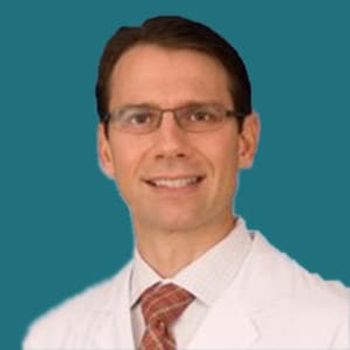
High dose MCO-010 yielded statistically significant improvements in BCVA and MLSDT at week 52.

High dose MCO-010 yielded statistically significant improvements in BCVA and MLSDT at week 52.
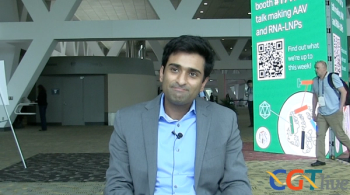
The cofounder, chairman, and CEO of Kriya Therapeutics discussed the company’s goal of bringing gene therapy to a much broader population of patients.
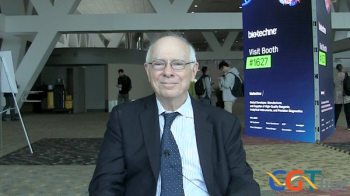
The Howard Hughes Investigator at the University of Iowa discussed his mouse model research into the pathophysiology of muscular dystrophy and how it relates to gene therapy approaches.
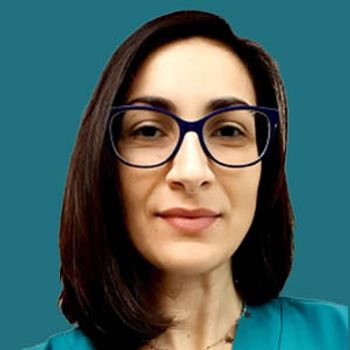
Updated data including a sixth patient and longer follow-up was presented at ASGCT’s 2024 Meeting.
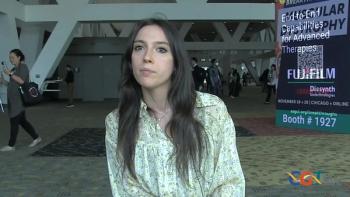
The research trainee at Brigham and Women’s Hospital discussed developing RNA constructs to aid with RNA interference.
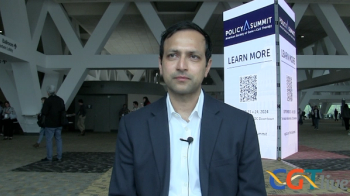
The senior vice president of genetic medicines at Syneos Health discussed the importance of end-to-end thinking and collaboration when bringing gene therapies from development to the market.
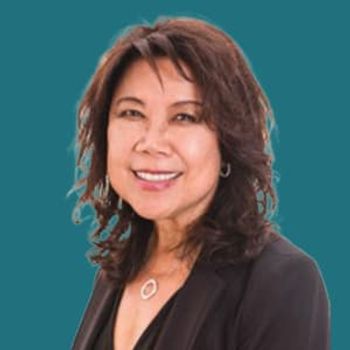
All 139 tumors screened had enhanced expression of CCNG1, a seldom-recorded gene on NGS.
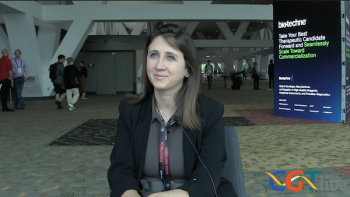
The medical doctor and scientist at Bambino Gesù Chidren’s Hospital discussed phase 1/2 clinical trial data she presented at ASGCT’s 2024 Meeting.
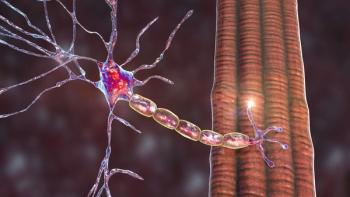
The gene therapy is up for priority review with a PDUFA date of June 21, 2024.

In terms of safety, NGGT001 was deemed well-tolerated.
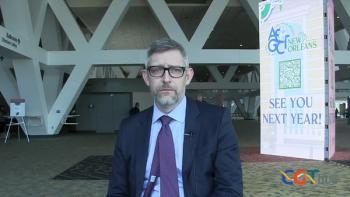
The medical director of clinical development at AskBio discussed safety and efficacy data from a phase 1 trial of AB-1002.

The DSMB recommended proceeding to dose the highest dose cohort in the phase 1/2 PRODYGY study.
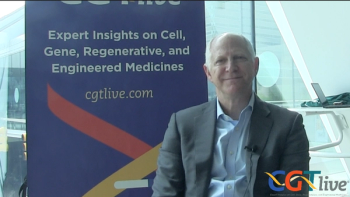
The chair of the Department of Otolaryngology—Head and Neck Surgery at Columbia University College of Physicians discussed the phase 1/2 CHORD clinical trial evaluating DB-OTO.
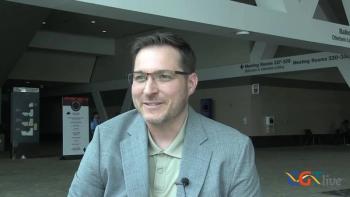
The associate investigator of neurology at Massachusetts General Hospital discussed research on extracellular vesicle-associated AAVs presented at ASGCT.

MELPIDA was well-tolerated in patients and nerve conduction was stable or improved after treatment.
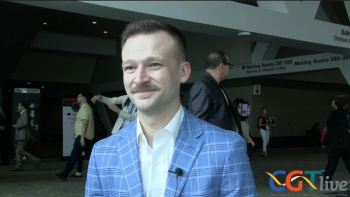
The research scientist at Seattle Children's Research Institute discussed mouse model research he presented at ASGCT’s 2024 Meeting.
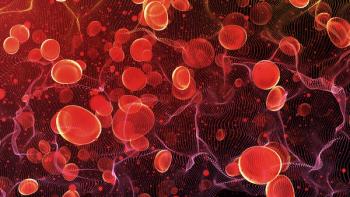
KL003 favorably compares to platelet and neutrophil recovery rates of approved gene therapies.
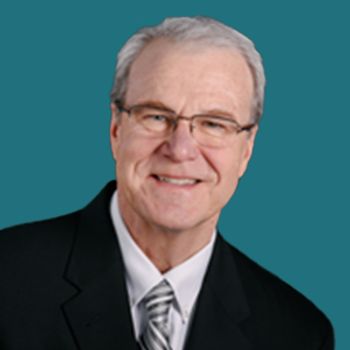
Terence R. Flotte, MD, the vice president of ASGCT, discussed what attendees can expect at the ASGCT Annual Meeting this year.
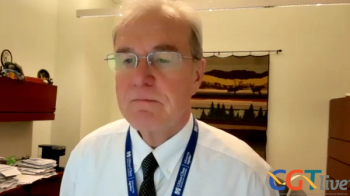
The vice president of ASGCT discussed important research that will be represented at the upcoming conference and challenges for the field to address in the future.
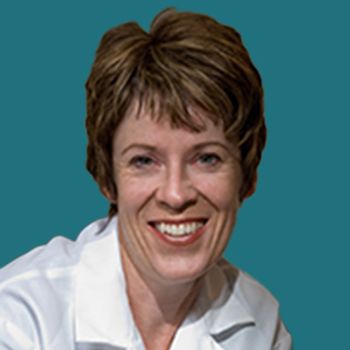
Paula Cannon, PhD, the president elect of ASGCT, discussed things to look forward to at the upcoming Meeting that will be held from May 7 to 11, in Baltimore, MD.
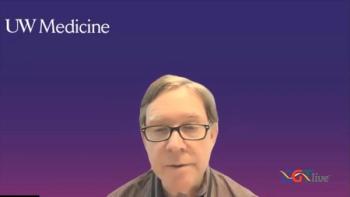
The McCaw Endowed Chair of Muscular Dystrophy at University of Washington gave a background on ASGCT, its founding, and how far the field has come since.
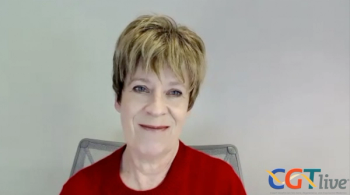
The President Elect of ASGCT and a distinguished professor of microbiology at Keck School of Medicine of USC also discussed recent milestones in gene therapy.
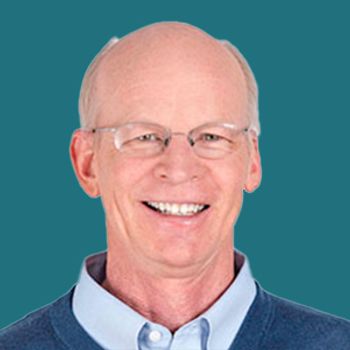
David Rawlings, MD, the director of the Center for Immunity and Immunotherapies at Seattle Children's Research Institute, discussed findings from several preclinical studies that could help push engineered B-cell therapies towards clinical trials.
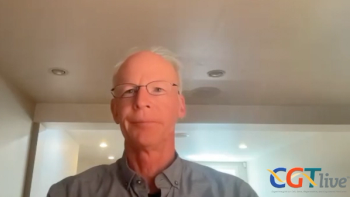
The director of the Center for Immunity and Immunotherapies at Seattle Children's Research Institute discussed preclinical research on overcoming limitations of Treg cells through genetic engineering.
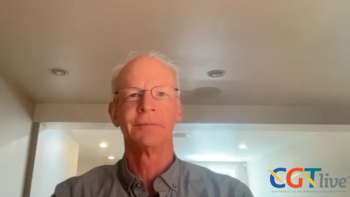
The director of the Center for Immunity and Immunotherapies at Seattle Children's Research Institute discussed findings from several preclinical studies that could help bring engineered B-cell therapies to clinical trials.
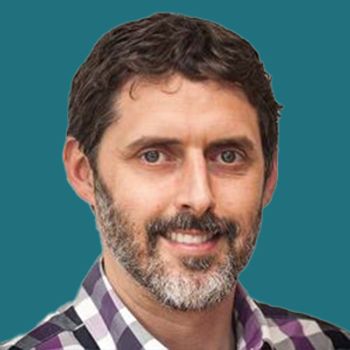
Richard James, PhD, an associate professor at the University of Washington and a principal investigator at Seattle Children's Research Institute, discussed a potential alternative to T-cell therapy in cancer.
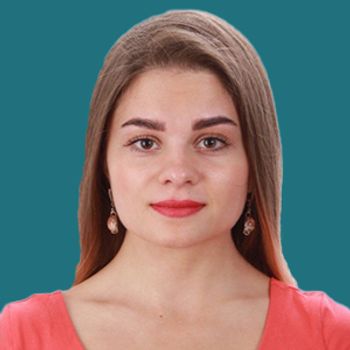
Nadezhda Omelchenko, MD, a research associate at Cancer Center of Southern California in Santa Monica, discussed findings from patients treated with a combination therapy that included NK cell therapy SNK01.
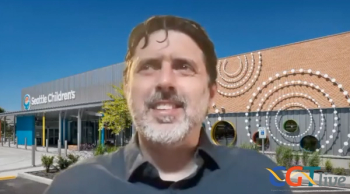
The associate professor at the University of Washington, and principal investigator at Seattle Children's Research Institute discussed results from a leukemia mouse model.
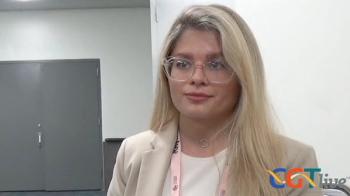
The research associate at Cancer Center of Southern California in Santa Monica discussed findings from 3 patients treated with a combination therapy that included NK cell therapy SNK01.
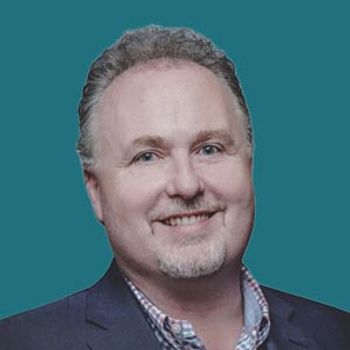
Adrian Kilcoyne, MD, MPH, MBA, the chief medical officer of Celularity, discussed what the company learned from relitigating results of legacy trials for a mesenchymal stem cell therapy in Crohn disease.